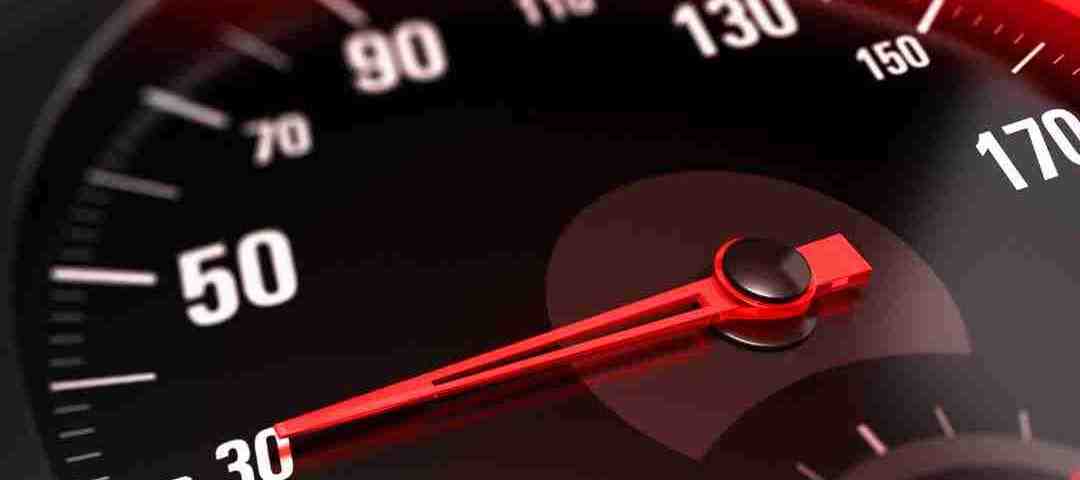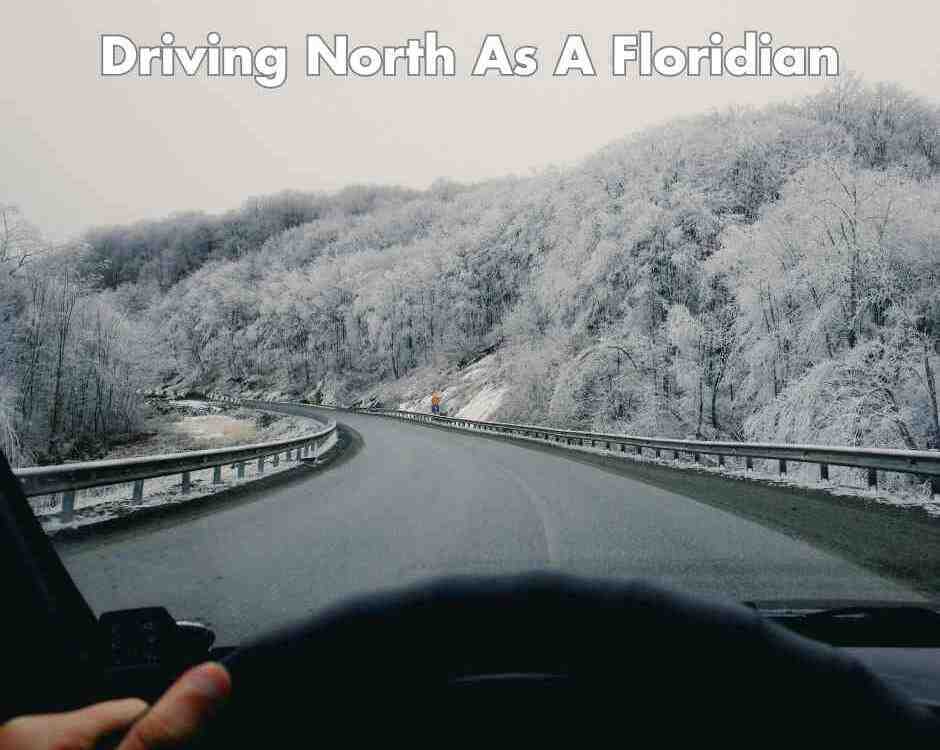Low Speed Motor Vehicle Safety in Florida

Pickle Juice for Muscle Cramps? Yes!
November 11, 2024
5 Strategies for Improving Mental Health After a Car Accident
November 11, 2024- Accident doctor
- accupuncture
- airplane headache
- alzheimer's
- best habits
- Brain Injuries
- car accident
- car accidents
- cervical strain
- colds
- concussion
- Concussions
- disc bulge
- dosage meds
- dry needling
- dull pain
- E bike injuries
- florida
- good posture
- headaches
- Headrest positions
- Headrest positions after an accident
- Healthy choices
- Healthy flying
- healthy gift guide
- Healthy SPring Ideas
- hip pain
- hyperextension
- injury doctor
- insurance
- Kayaking
- kentucky
- kids motion sickness
- lifestyle
- motion sickness
- neck injury
- no fault insurance doctor
- noise healing
- osteoporosis
- pain symptoms
- pink noise
- posterior chain
- posture
- prevent osteoporosis
- Rest
- Scoliosis
- shoulder pain
- Stress with kids after a motor vehicle accident
- TBI
- tips
- tmj
- torn muscle
- Traumatic Brain Injury
- trigger points
- VitaminD
- What are Post Traumatic headaches?
Low Speed Vehicle Safety in Florida
Florida’s climate offers a great opportunity for year-around outdoor activities which makes low speed vehicles (LSVs), golf carts, and off-highway vehicles (OHVs) popular choices for transportation. However, while these vehicles can enhance the recreational experience, they also pose unique potential hazards. It is crucial to understand their safety features and potential hazards. Dr. Deryk Harting of Chambers Medical Group, one of the highest rated car accident medical care establishments in the Tampa Bay area, discusses low speed vehicle safety.
Defined by Florida Statutes, LSVs are four-wheeled vehicles with a top speed between 20 and 25 mph. They must be registered, titled, and insured with personal injury protection (PIP) and property damage liability (PDL) insurance. Anyone operating an LSV must hold a valid driver’s license. LSVs are permitted on streets with posted speed limits of 35 mph or less, but they come with specific safety equipment requirements including headlights, front and rear turn signals, stop lights, taillights, reflex reflectors, mirrors, windshield, and seat belts for all designated seats. These safety features are designed to minimize risks associated with LSVs.
Golf carts are generally limited to a maximum speed of 20 mph and are specifically designed for operation on golf courses. However, they can also be used on designated roadways with speed limits of 30 mph or less. Beginning October 1, 2023, new regulations required that drivers under 18 must have a valid learner’s or driver’s license and those over 18 must have a valid government-issued ID. Golf carts must adhere to local ordinances, which can impose additional restrictions and laws. For example, they may only cross specific county roads marked for golf cart use.
Safety Hazards
While LSVs and golf carts offer unique benefits, they also pose certain hazards. Increased interaction with regular traffic can lead to accidents. The National Highway Traffic Safety Administration (NHTSA) emphasizes that visibility is a significant concern as many LSVs, and golf carts are smaller and less visible to other drivers.
- Roadway Interaction: Driving on public roads exposes LSVs and golf carts to faster-moving traffic, and an increased risk of collisions. Drivers must be aware of their surroundings and follow all traffic rules to mitigate these dangers.
- Impaired Driving: Like any motor vehicle, LSVs and golf carts can be subject to impaired driving. The Florida Department of Highway Safety and Motor Vehicles (FLHSMV) and AAA stress the importance of sober driving, especially in social settings where alcohol consumption may occur. Designating a sober driver or using alternative transportation methods is recommended by these entities.
- Weather Conditions: Florida’s weather can be unpredictable. Rain, wind, flooding, and other weather conditions can make roads slippery and reduce visibility. Drivers should use caution and adjust their speed accordingly.
- Safety Equipment Neglect: While LSVs are required to have specific safety features, not all owners make sure that these items are functional. Regular checks and maintenance of lights, seat belts, and mirrors are crucial for safe operation.
Before hitting the road, it is important for LSV and golf cart owners to verify that their vehicles are properly registered and compliant with state regulations. This involves providing necessary documentation such as manufacturer’s certificate of origin, proof of insurance, identification (driver’s license/passport), application forms, and applicable fees. For converted golf carts to be classified as LSVs, additional inspections, documentation, fees, and modifications may be required.
In conclusion, low speed vehicles, golf carts, and OHVs provide a fun and eco-friendly way to enjoy Florida’s outdoor spaces. Prioritizing safety by understanding regulations, recognizing hazards, and using the required safety equipment ensures a safe and enjoyable traveling experience for all Florida drivers on the road.
— This article is written by Deryk Harting, DC, one of the members of Chambers Medical Group’s team of car accident chiropractors who offer a variety of treatments and therapies ranging from diagnostic testing to various soft tissue therapies for car accidents and injuries in Florida.
- Car Accident Medical Clinic in Tampa
- Car Accident Medical Clinic in Plant City
- Car Accident Medical Clinic in Brandon
- Car Accident Medical Clinic in Lakeland
- Car Accident Medical Clinic in Sarasota
- Car Accident Medical Clinic in Louisville
- Car Accident Medical Clinic in Lexington
- Car Accident Medical Clinic in Florence




